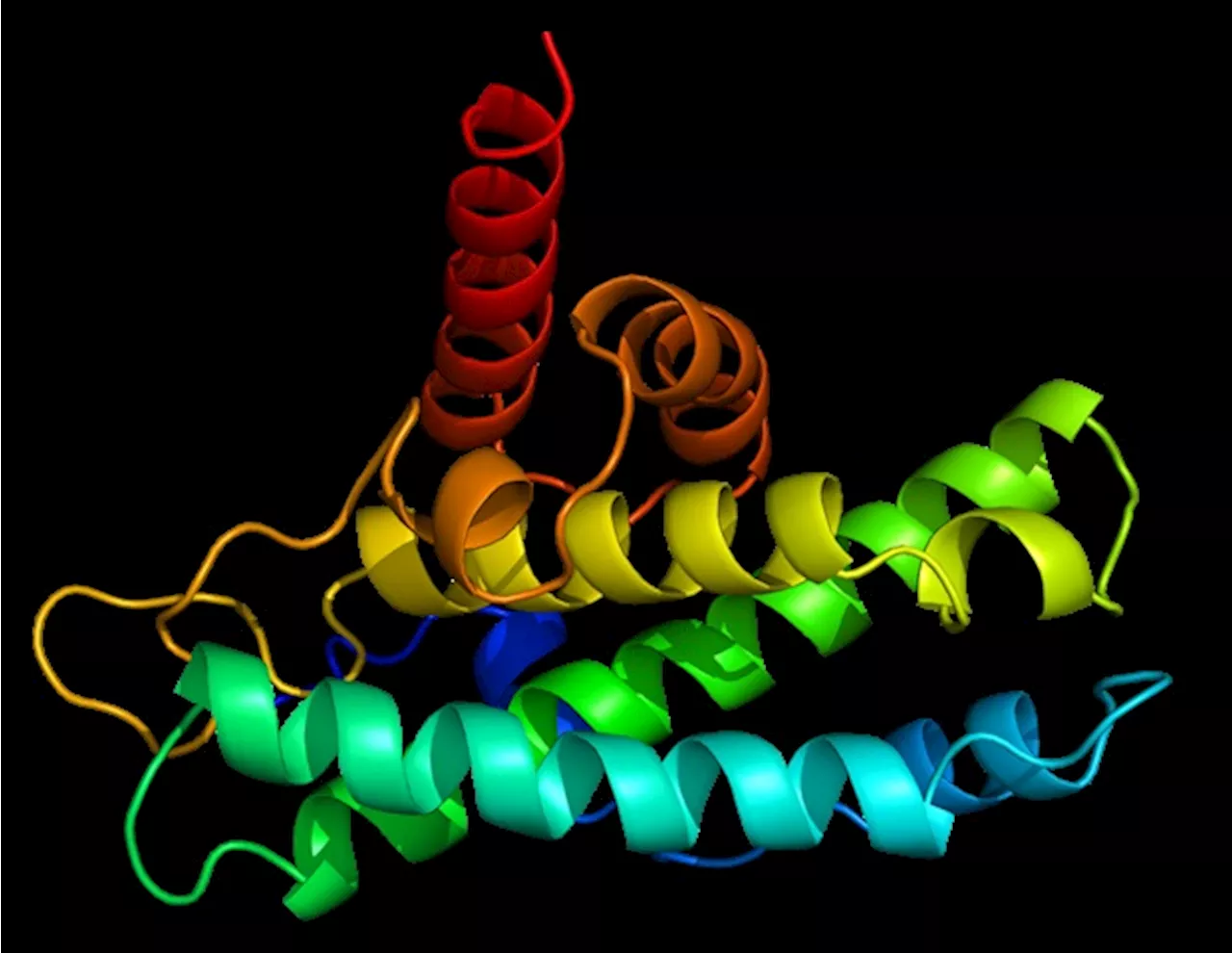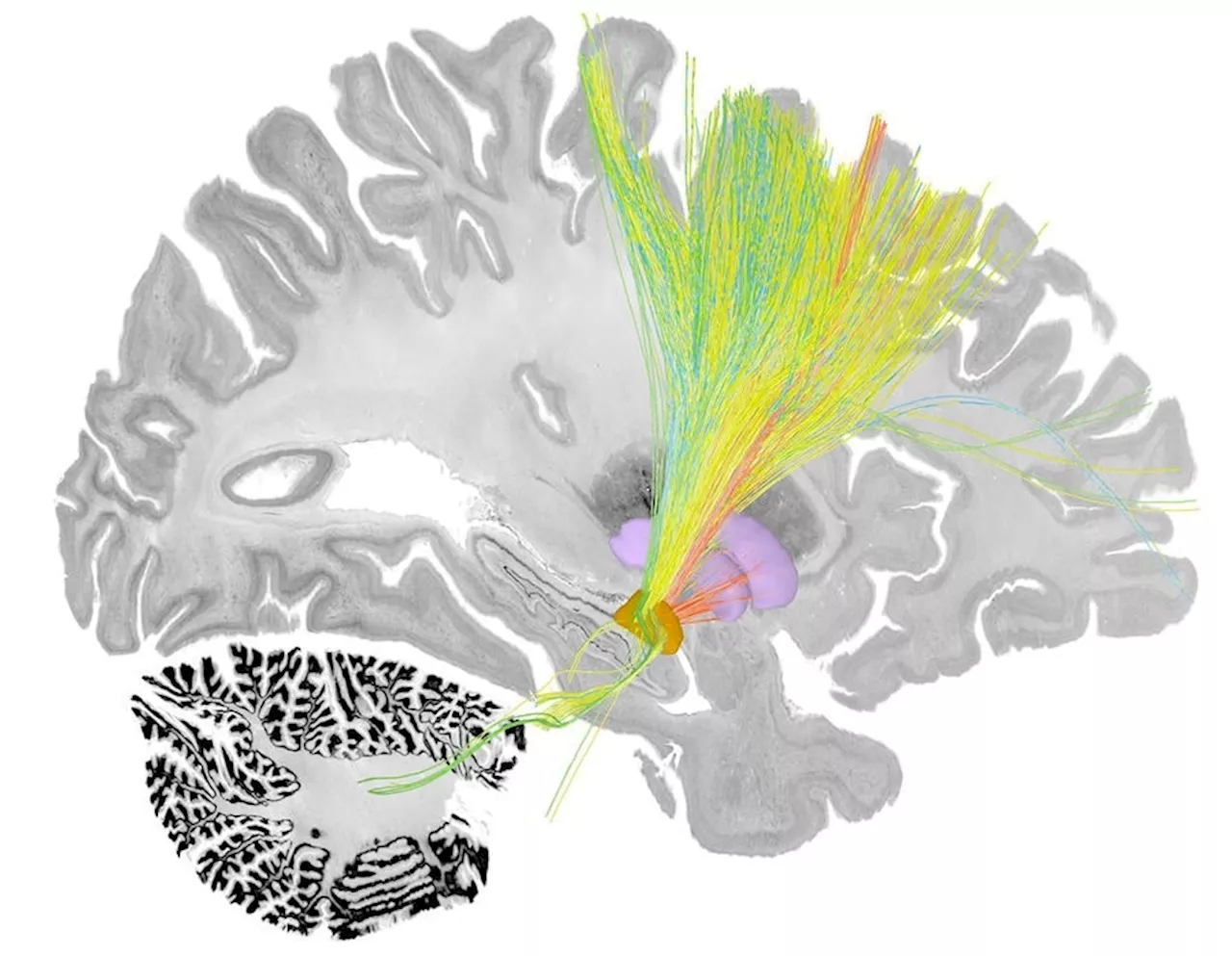A new study has found that a simple blood test could predict Parkinson's disease seven years before symptoms appear, marking a 'major step forward' in the diagnosis of the condition.
A groundbreaking blood test could predict Parkinson's disease up to seven years before symptoms manifest, heralding a "major step forward" in early diagnosis.
Currently, individuals with Parkinson's receive dopamine replacement therapy only after symptoms like tremors or slowed movement have emerged. It is believed that diagnosing and treating the condition earlier could safeguard the neurons that produce dopamine. Professor David Dexter, director of research at Parkinsons UK, revealed: "This research, co-funded by Parkinson's UK, represents a major step forward in the search for a definitive and patient-friendly diagnostic individual test for Parkinson's."
The senior author, Professor Kevin Mills of UCL Great Ormond Street Institute of Child Health, pointed out: "As new therapies become available to treat Parkinson's, we need to diagnose patients before they have developed the symptoms." The team accompanying Professor Mills suggests that ongoing research may refine the test even further, allowing it to differentiate between Parkinson's and other neurodegenerative disorders that share early-stage characteristics. Additionally, the researchers are exploring the possibility of the test being able to forecast the onset of Parkinson's.
Parkinson's UK states that around one in 37 people alive today in the UK will be diagnosed with Parkinson's during their lifetime, and there are already 153,000 people living with the condition.
European Union Universities And Colleges
United Kingdom Latest News, United Kingdom Headlines
Similar News:You can also read news stories similar to this one that we have collected from other news sources.
 Blood test could predict Parkinson's seven years before symptomsA team of researchers, led by scientists at UCL and University Medical Center Goettingen, has developed a simple blood test that uses artificial intelligence (AI) to predict Parkinson's up to seven years before the onset of symptoms. The findings are published in the journal Nature Communications.
Blood test could predict Parkinson's seven years before symptomsA team of researchers, led by scientists at UCL and University Medical Center Goettingen, has developed a simple blood test that uses artificial intelligence (AI) to predict Parkinson's up to seven years before the onset of symptoms. The findings are published in the journal Nature Communications.
Read more »
 Existing cancer drug shows promise in blocking alpha-synuclein spread in Parkinson's miceIn studies with genetically engineered mice, Johns Hopkins Medicine researchers say they have identified a potentially new biological target involving Aplp1, a cell surface protein that drives the spread of Parkinson's disease-causing alpha-synuclein.
Existing cancer drug shows promise in blocking alpha-synuclein spread in Parkinson's miceIn studies with genetically engineered mice, Johns Hopkins Medicine researchers say they have identified a potentially new biological target involving Aplp1, a cell surface protein that drives the spread of Parkinson's disease-causing alpha-synuclein.
Read more »
 Unlocking another piece of the Parkinson's puzzle—scientists reveal workings of vital molecular switchScientists at the University of Dundee have uncovered the inner relay of a molecular switch that protects the brain against the development of Parkinson's disease.
Unlocking another piece of the Parkinson's puzzle—scientists reveal workings of vital molecular switchScientists at the University of Dundee have uncovered the inner relay of a molecular switch that protects the brain against the development of Parkinson's disease.
Read more »
 New algorithm enhances deep brain stimulation for Parkinson's by targeting specific symptomsResearchers from Mass General Brigham identified therapeutic targets that may optimize symptom-specific treatment for Parkinson’s disease.
New algorithm enhances deep brain stimulation for Parkinson's by targeting specific symptomsResearchers from Mass General Brigham identified therapeutic targets that may optimize symptom-specific treatment for Parkinson’s disease.
Read more »
 Resting tremor in focus in new Parkinson's studyMurdoch University's Center for Healthy Aging is identifying new interventions to treat resting tremor in people with Parkinson's disease.
Resting tremor in focus in new Parkinson's studyMurdoch University's Center for Healthy Aging is identifying new interventions to treat resting tremor in people with Parkinson's disease.
Read more »
 Smartwatches offer window into Parkinson's disease progressionUbiquitous wearable technologies, like smartwatches, could help researchers better understand progressive neurological disorders like Parkinson's disease and speed up the approval of new therapies, a critical need given that no drugs exist to slow progression of the world's fastest growing brain disease.
Smartwatches offer window into Parkinson's disease progressionUbiquitous wearable technologies, like smartwatches, could help researchers better understand progressive neurological disorders like Parkinson's disease and speed up the approval of new therapies, a critical need given that no drugs exist to slow progression of the world's fastest growing brain disease.
Read more »
